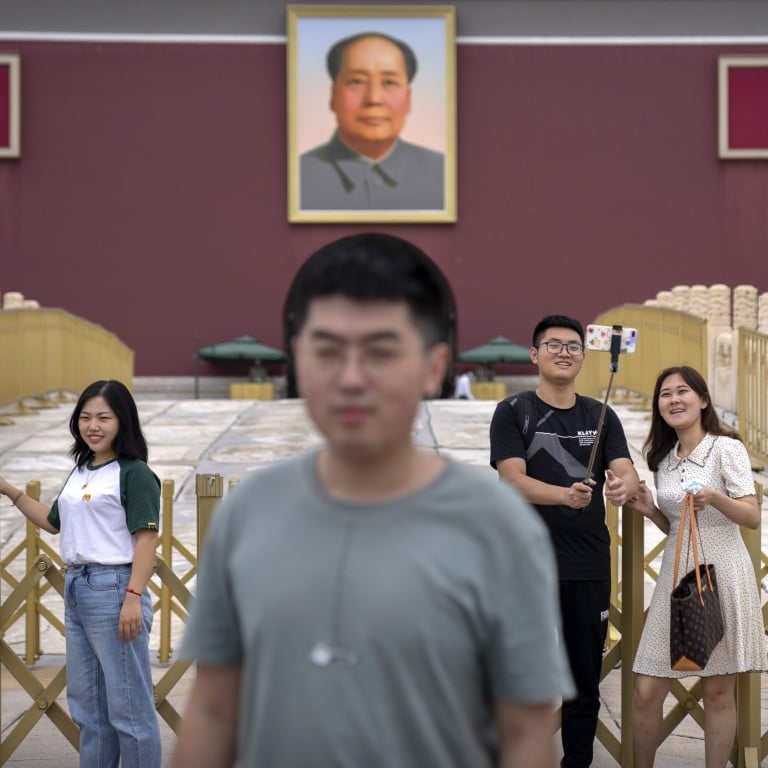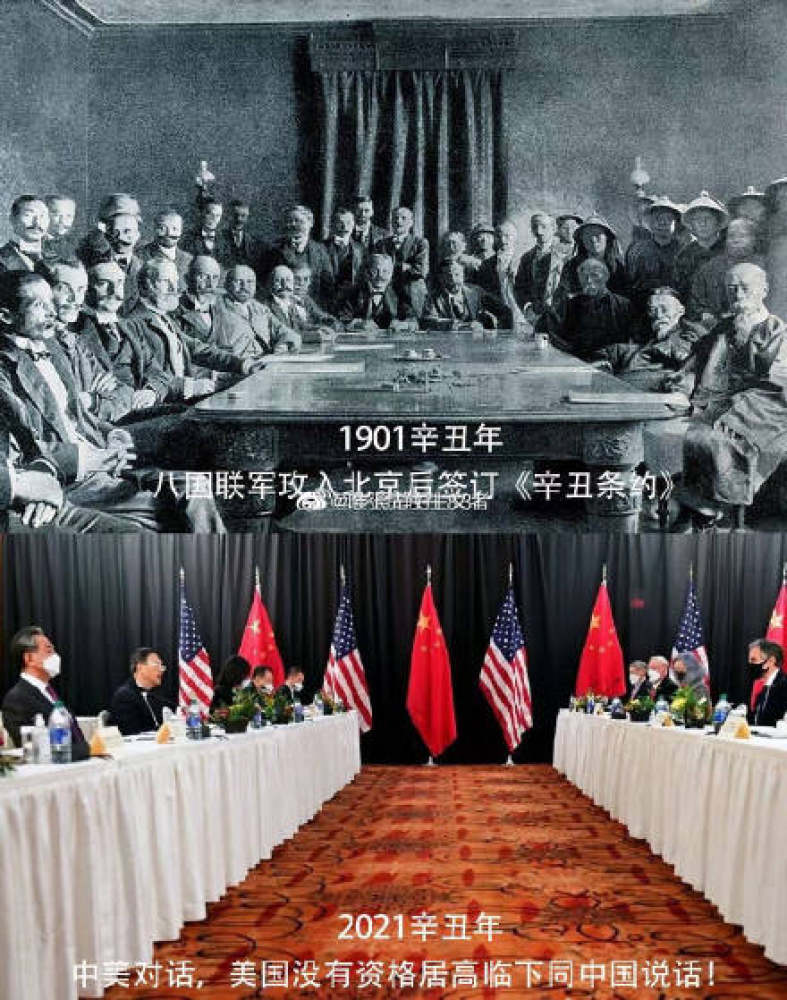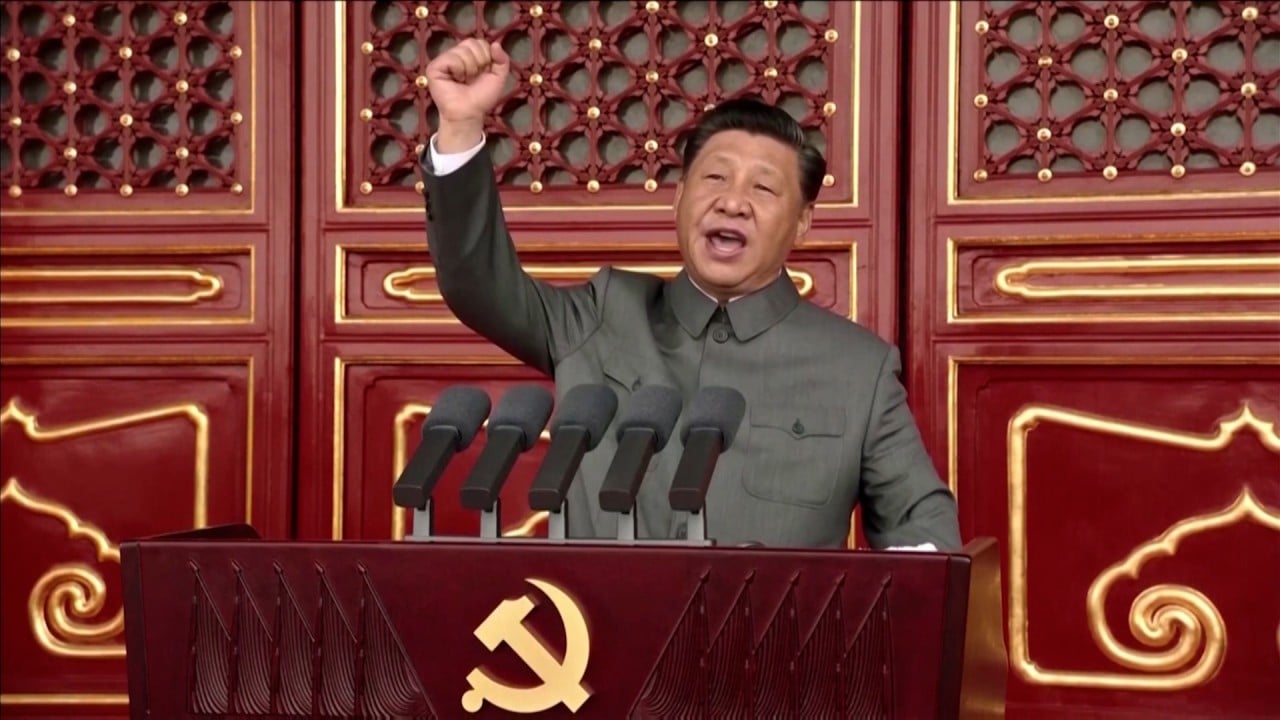
For China, the history that matters is still the ‘century of humiliation’
- To understand China’s contentious relations with the US and the wider West, analogies referencing the Cold War and Thucydides trap tell only one side of the story
- China’s past suffering at the hands of foreign powers continues to exert great influence on its foreign policy, and is a major reason it won’t balk at war to defend its dignity
History informs foreign policy decisions. Today, historical analogies such as the Thucydides trap, World War I and the Cold War are used to describe and understand US-China strategic competition and its implications for the rest of the world.
But the above analogies, which are derived from Western historical contexts, may have less influence on and relevance for China’s foreign policy decisions.
If Chinese leaders do not accept these Western historical analogies, then we should ask: what analogies do they use?
The most influential historical analogy for the Chinese is the “century of humiliation”, rooted in the First Opium War between 1839 and 1842. The war marked the beginning of China’s century of military defeats, unequal treaties, territorial concessions and social unrest, which roused feelings of humiliation, shame and anger.
Consequently, China feels it must never let history repeat itself and be bullied and humiliated by foreign powers.
When Chinese view the current geopolitical landscape through the lens of this century of humiliation, foreign criticism is perceived as international bullying and American naval operations in the South China Sea trigger memories of imperial gunboat diplomacy.
As a result, Chinese leaders and diplomats feel compelled to take a more assertive, even aggressive posture, lest China’s foreign policy be criticised as a political sell-out by the people.

The contrast could not have been starker. The signing of the Boxer Protocol was the most humiliating moment in modern Chinese history, adding to previous unequal treaties and brutal exploitation by Western powers.
But, 120 years later, China staged a comeback at the Anchorage meeting by demanding that Washington treat Beijing with respect and as an equal. Hence, China’s “wolf warrior” diplomacy in Alaska could be seen as an effort to signal to the world that China has bounced back.
While China’s wolf-warrior diplomacy is sharply criticised in the West, its wolf-warrior diplomats enjoy the strong backing of its people at home. For example, Chinese netizens lauded their hard-nosed approach at the Anchorage meeting, praising them for rightfully standing up for China’s national interests.
While history affects both American and Chinese foreign policies equally, different historical events will find resonance for each. As the US-China strategic rivalry intensifies, it is our duty to read as much of Thucydides as Sima Qian.
Today, the century of humiliation remains etched in the consciousness and minds of the Chinese people. The emotions of humiliation and anger, as well as a deep sense of historical injustice, linger and can be dangerously exploited.
While the century of humiliation may not say much about the ambitions of the Chinese leadership and what kind of great power a rising China aspires to be, it certainly tells us what it does not want to be: a second late-Qing government.
It also suggests that, how China responds to geopolitical developments regarding Taiwan and the South China Sea, just to name two issues, depends largely on whether the country’s old wounds risk being exposed again.
Should Chinese leaders perceive China to be treated the same way and be humiliated like the late-Qing government was 100 years ago, I wager that Beijing will consider all possible options to safeguard the country’s dignity, even if this leads to war.
Thus, moving on, the key question regarding China’s rise is not whether it aspires to become a revisionist, status quo, or responsible power. Rather, we should ask: does China feel that it might be bullied and humiliated again by a foreign power?
Michael Zhou is pursuing a master of science in contemporary Chinese studies at the University of Oxford


